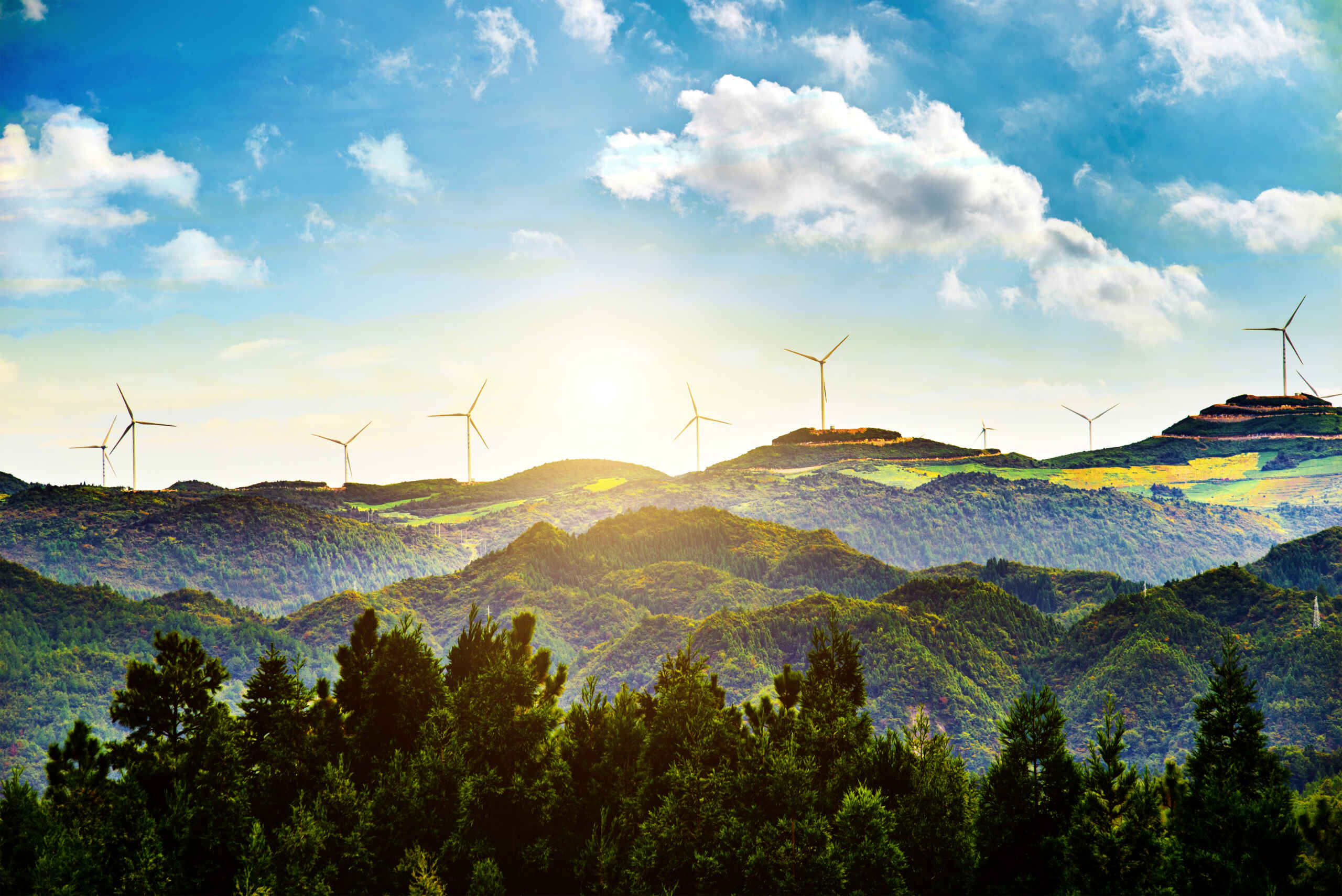
As the global community grapples with the urgent need for sustainable practices, the European Union (EU), supposedly a leader in environmental initiatives, is under scrutiny for its sluggish progress in ensuring a green transition. Despite lofty promises and rhetoric, the EU’s actions thus far seem inadequate in addressing the pressing challenges of climate change. The first issue is delayed implementation. While the EU has outlined ambitious climate goals, the execution of these policies is hindered by delays and indecision. The proposed delays to air pollution limits, as discussed in recent negotiations, exemplify a hesitancy that contradicts the urgency of the climate crisis and severely harms those effected.
Proposed extensions to EU air pollution limits are anticipated to result in a surge of premature deaths and exacerbate the “inequality gap” between eastern and western Europe. The World Health Organization has established guidelines for permissible levels of microscopic particles and toxic gases contaminating the air which should be complied with by this decade’s end. However, the European Parliament seeks to delay compliance until 2035, the European Commission proposes weaker limits by 2030 without aligning with WHO guidelines, and the European Council advocates for a waiting period until 2040 for economically disadvantaged nations. Such a delay, according to the European Respiratory Society (ERS) advocacy council, could lead to thousands of premature deaths. Highlighting the severe consequences, the scientists argue that permitting such delays would inflict an unjust and unacceptable loss of human lives in Europe.
Similarly, farmers protesting across Europe have won their first concession from Brussels, with the EU announcing a delay in rules that would have forced them to set aside land to encourage biodiversity and soil health. The change comes as farm protests have been intensifying in many European countries, including France and Germany. While the concerns of farmers are undoubtedly important, it is crucial for the EU to stand firm on its commitment to sustainability and resist caving into demands that could undermine environmental progress. It is obviously true that doing so would mean to make unpopular changes amongst different groups but the long-term viability of the sector and the preservation of the goals set out should take precedence. Ultimately, on subjects of vital importance, as climate change is, the EU, like any other governmental body, cannot afford to cave into the demands of those who want to preserve the status quo to the detriment of everyone else. No significant change will ever be causalities free; thus, the EU should try to address the concerns of those who are most effected by the changes envisioned, in this case small-medium enterprises, rather than take a step back and halt the necessary policies. This is especially so as the international community at large seems to be backtracking on the important steps forwards made at the last COP28.
Saudi Arabia’s energy minister stated that the “transition away” from fossil fuels was merely one of the many choices available. To this, UN’s climate chief replied that governments must not try to find loopholes in the global agreement reached. Compliance with the agreement by its richest parties is necessary not only for the impact their divergence would have on the final goal but also for poorest countries’ ability to comply with it. In fact, decarbonisation is only achievable if the richest countries contribute economically to the decarbonisation of the poorest countries, which would otherwise be unable to transition to a green economy. Again, we see how the delaying of policies, even if just by a few countries, risks undermining the general effort towards environmental goals.
The second issue with environmental policies at European and international level is the weakness of the enforcement mechanisms. Even when progressive policies are introduced, the EU often lacks the robust enforcement mechanisms necessary to ensure compliance. The absence of strict penalties for member states falling short of environmental targets undermines the effectiveness of green initiatives. A toothless regulatory framework perpetuates a culture of non-compliance and hinders the region’s ability to make meaningful strides towards sustainability.
Finally, it appears that although the European Union has positioned itself as a champion of environmental causes, its actions or lack thereof suggest a discord between rhetoric and reality. The delayed implementation of policies and weak enforcement mechanisms are two of the most pressing issues to be addressed. In order to achieve at least partially the ambitious goals set out and be a leader in the environmental sector the Union should start taking stronger positions and show more resilience in the face of discontent, especially considering the wider picture of lack of compliance at the international level.
By The European Institute for International Law and International Relations













